Tag: Democracy
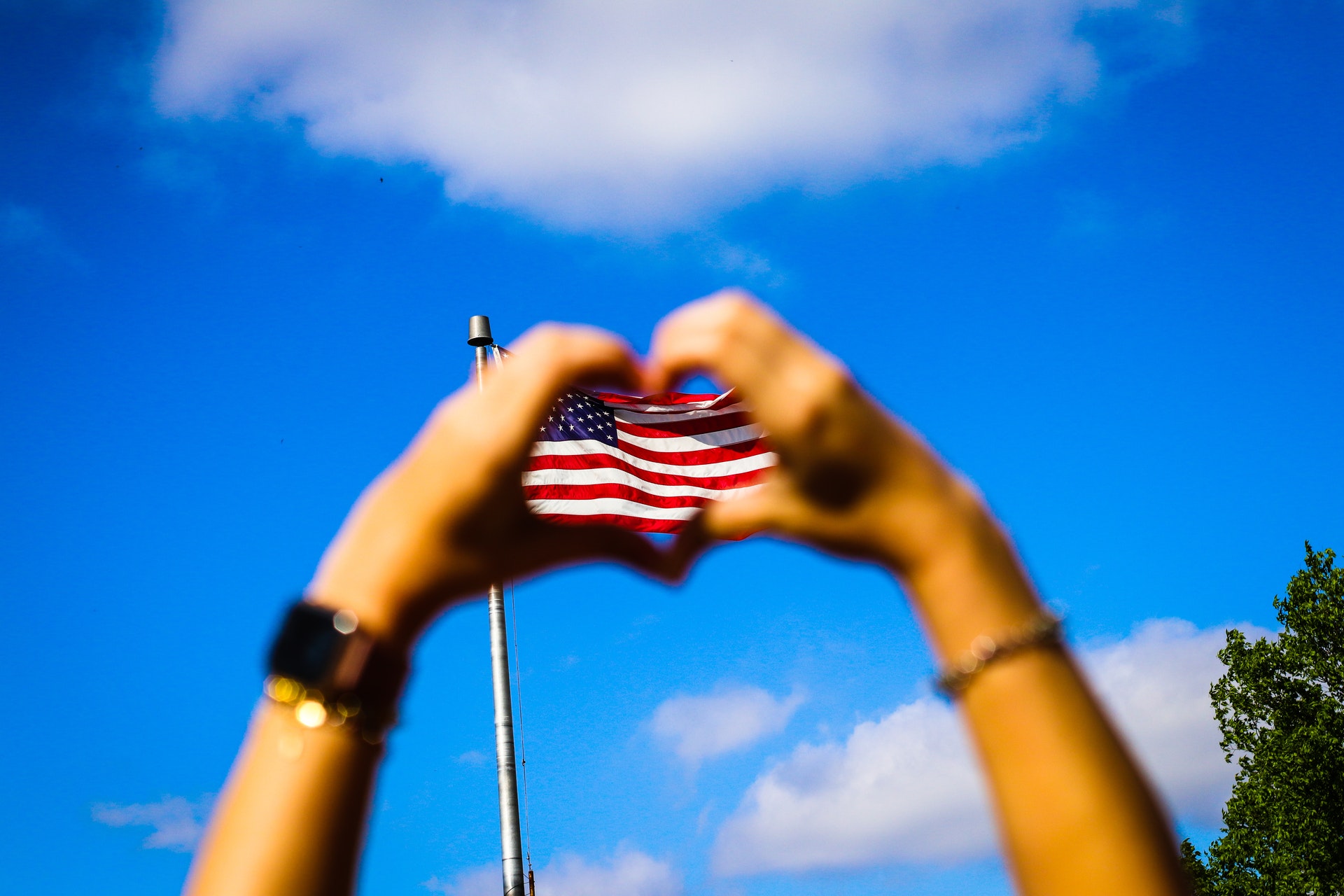
America’s Democracy Moment
*This article was written by Chief Organizer Maria J. Stephan and was first published on Just Security. As Americans prepare to celebrate Independence Day on July 4th, it is crucial...

Combatting Authoritarianism: The Skills and Infrastructure Needed to Organize Across Difference
*This article was written by co-Leads Julia Roig and Maria J. Stephan and was first published on Just Security. As the United States celebrated Martin Luther King Day this January,...
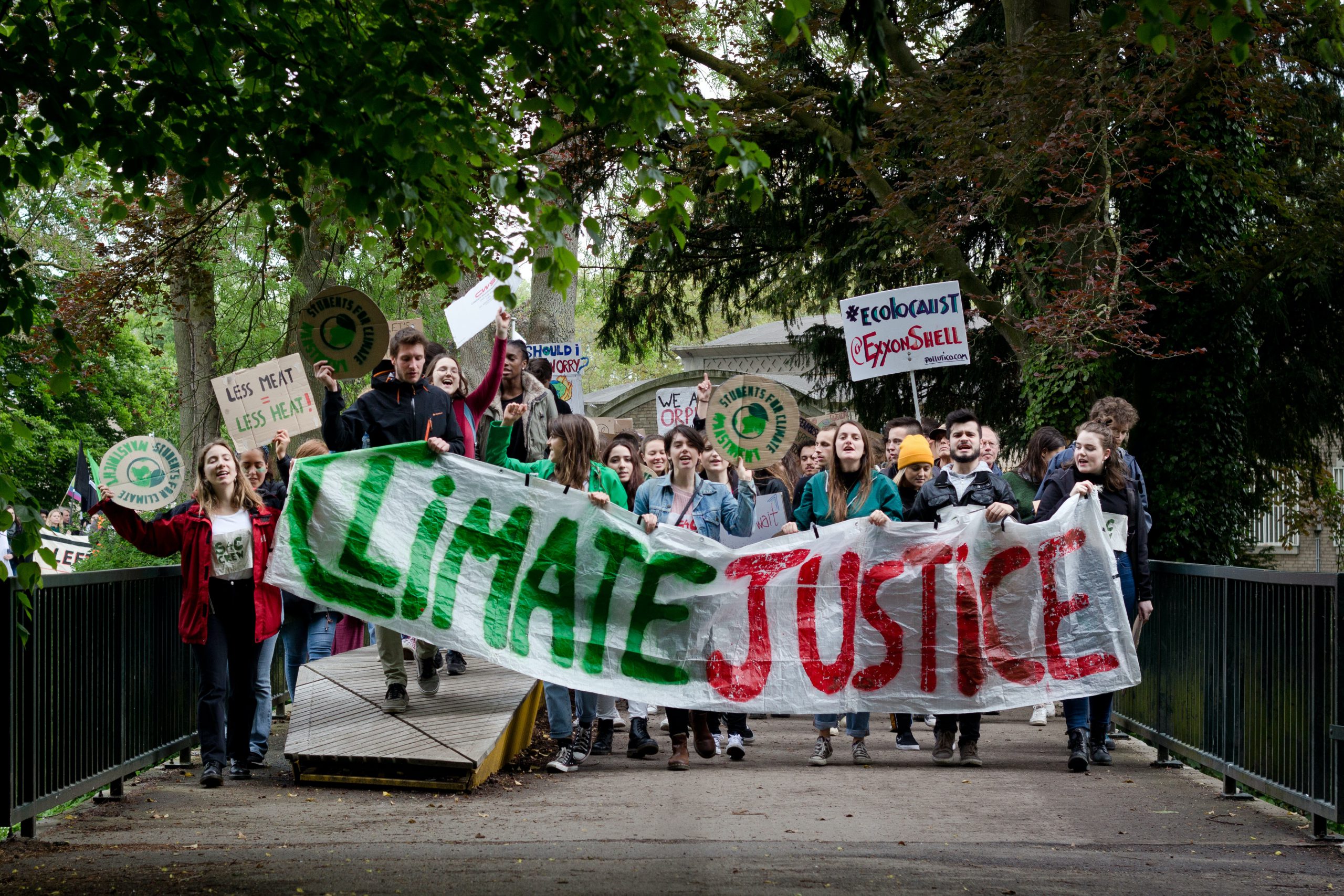
How Domestic Civic Movements Could Reshape US Foreign Policy
*This article was written by Chief Organizer Maria J. Stephan and was first published on Just Security. President Joe Biden’s early reversals of Trump policies have included at least three...
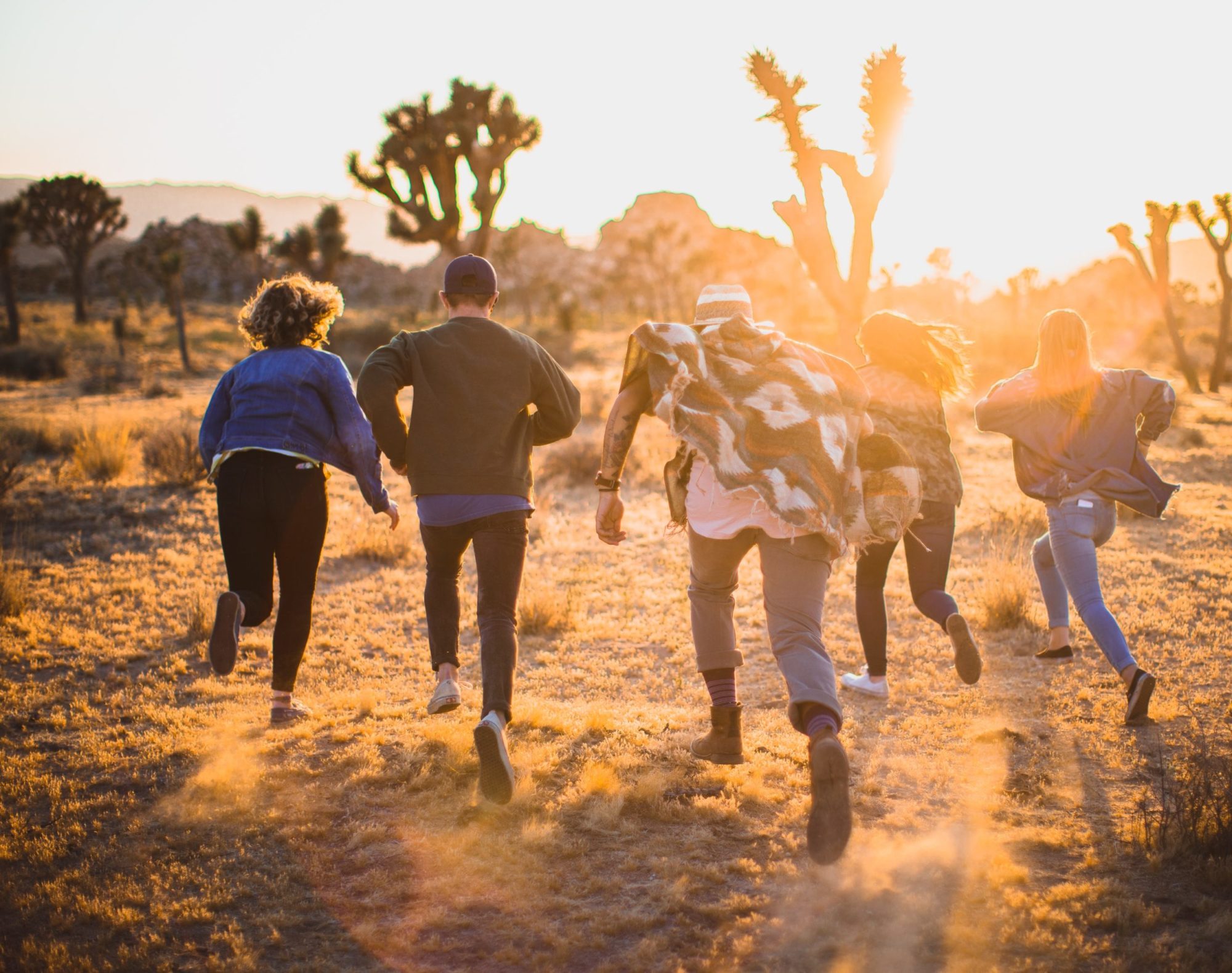
Seven Foreign Policy Issues to Watch In 2022
*This article contains contributions from Director of Partnerships and Outreach Tabatha Pilgrim-Thompson and was first published on InkStick. “We Didn’t Start the Fire” is a column in collaboration with Foreign Policy...
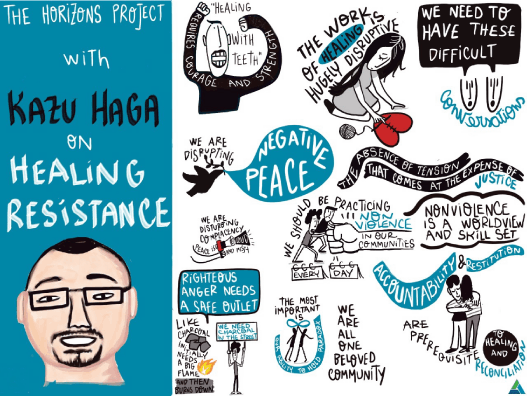
Healing Resistance: A Conversation with Author Kazu Haga
Nonviolence is a cornerstone of activism and radical change, but less attention has been given to the restorative power of nonviolent resistance. In this recent Horizons Project event, Senior Advisor...
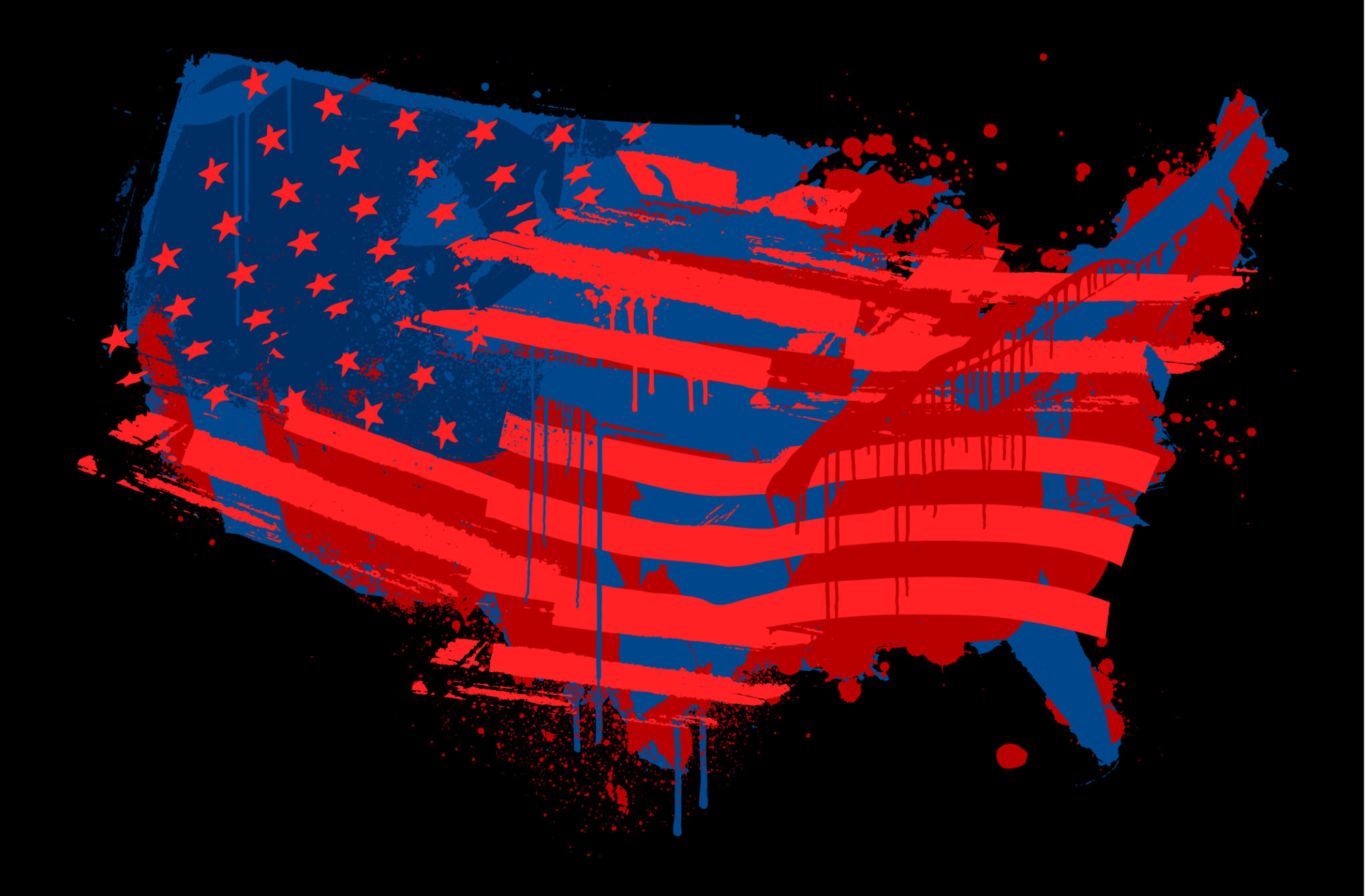
Good vs. Toxic Polarization: Insights from Activists and Peacebuilders
Polarizing narratives are key tools of nonviolent mobilization and social justice activism. But today, deep-seated polarization, exacerbated by a growing faction that rejects basic democratic norms and practices, threatens the...

Democracy Narratives and Sacred Values
What are the common values that underpin US democracy? What is the “big story” we all share about how society should work and how we fit together as citizens? In...

The Freedom Struggle in Florida
*This article by Chief Organizer Maria J. Stephan was first published May 14 on Salon. The situation in Florida clearly represents a threat to American democracy. Florida has become the epicenter...

MAPPING THE ECOSYSTEM OF SOCIAL CHANGE
This overview was created after a convening of organizations and networks who are endeavoring to map the larger “ecosystem of social change,” including social justice, bridge-building, and democracy organizations, practitioners,...

Watching the January 6th Hearings through the Lens of both Accountability and Healing
*This article was written by Chief Network Weaver Julia Roig and was first published on The Fulcrum. “How did we get to this point?” was how the third day of the January...
